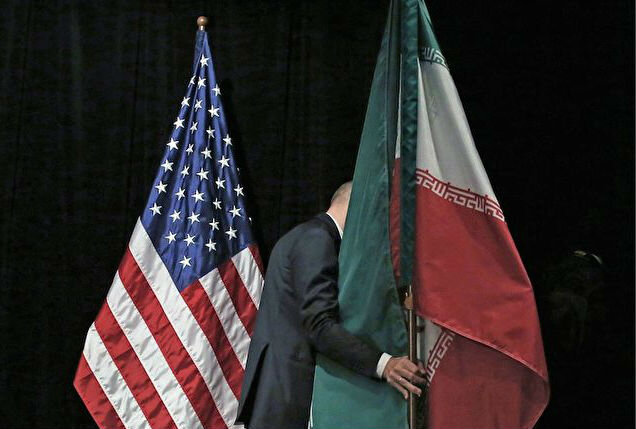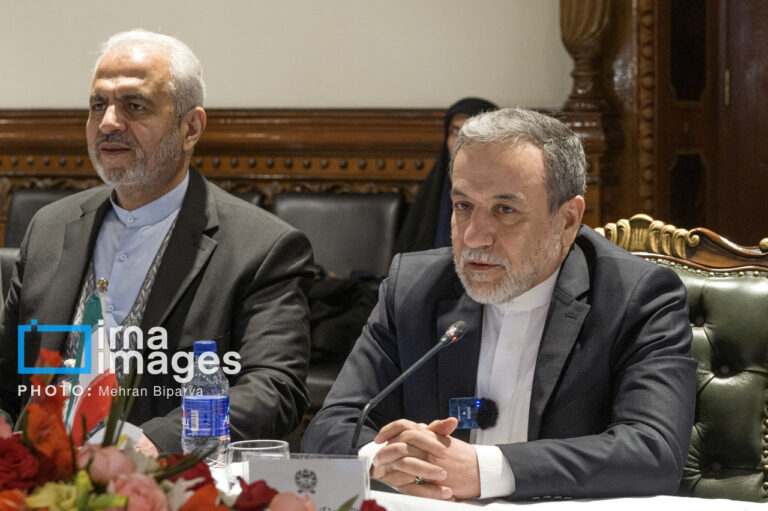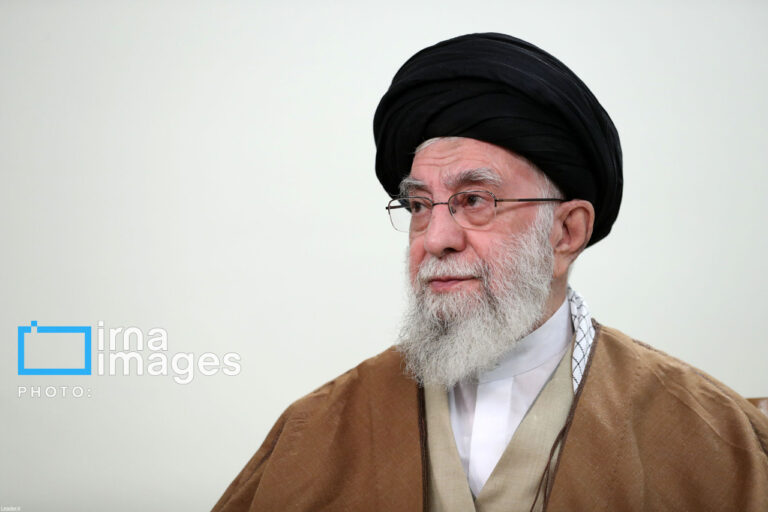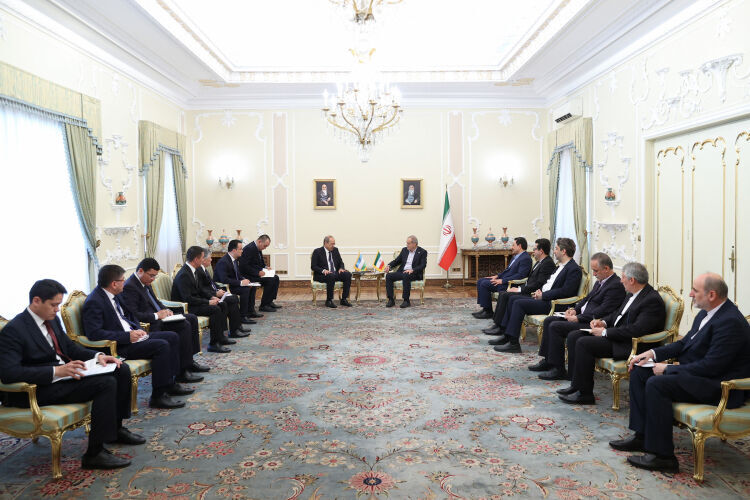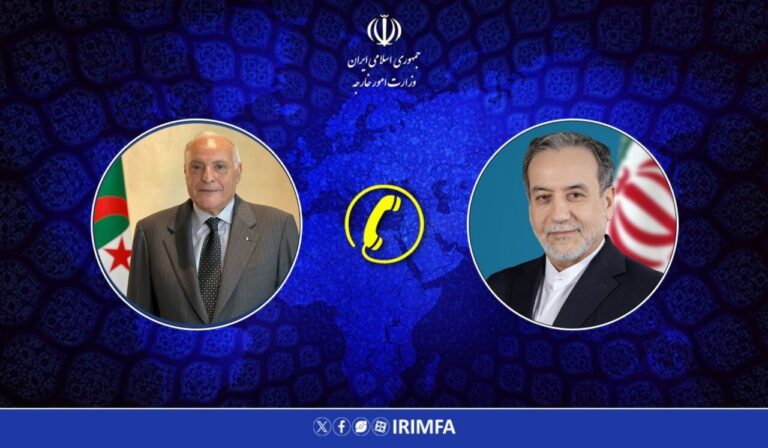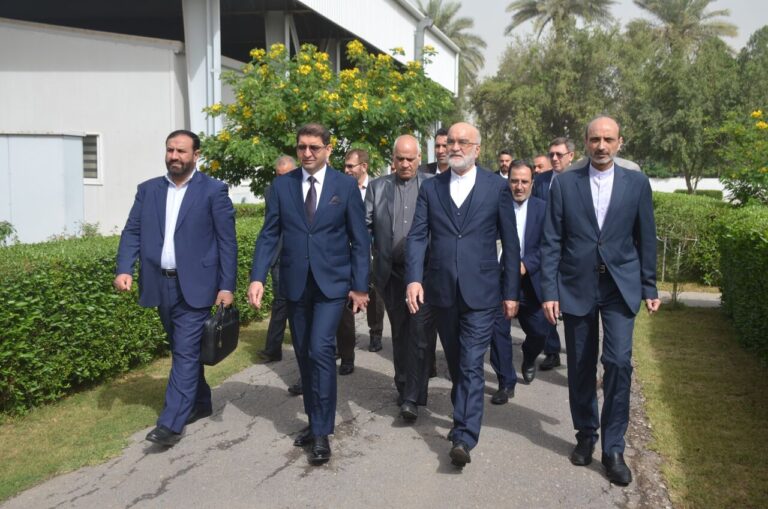Unpacking the Delay: Media Explore Reasons for Stalled Iran-US Talks
In recent developments regarding the Iran-US indirect talks, Iranian sources have confirmed to Al-Mayadeen that the anticipated fourth round of negotiations in Rome has been postponed. This delay has raised questions and concerns about the commitment of both parties to reach a consensus.
The postponement has been attributed to the contradictory stances taken by the US government. According to the sources, Washington attempted to alter the fundamental framework of the discussions, despite prior agreements on this matter. This inconsistency has led to increased skepticism from Tehran regarding the seriousness of the American side in pursuing negotiations.
Additionally, the talks between Iran and European nations, which were scheduled for Friday, have also been postponed. This decision reflects the broader challenges faced in diplomatic dialogues surrounding Iran’s nuclear program and defense strategies.
Key points regarding the recent changes in the negotiation schedule include:
- The fourth round of indirect talks between Iran and the US was set for Saturday, May 3, but has been postponed.
- The Iranian Foreign Ministry has reiterated its red lines, particularly concerning missiles and drones.
- Tehran remains skeptical about the US’s commitment to the talks, fearing they may serve as a platform for external influences.
- Omani mediators suggested the postponement, indicating a need for logistical adjustments.
The Iranian Foreign Ministry spokesperson, Esmaeil Baghaei, informed reporters that the decision to postpone the talks came at the suggestion of the Omani foreign minister. He assured that a new date for the discussions will be announced in due time. This postponement emphasizes the importance of thorough preparations and mutual understanding before engaging in such significant negotiations.
In a related update, Laurence Norman, a journalist who closely follows the negotiations, shared on social media that the next round of talks is now likely to be rescheduled for May 7. This shift suggests that the US sought additional time to clarify its positions and strategies.
Moreover, Badr Albusaidi, the Omani foreign minister, confirmed the delay in a post on X, highlighting the need for logistical rescheduling for the meeting initially planned for May 3. His statement reflects the ongoing diplomatic efforts to facilitate a constructive dialogue between the involved parties.
Despite these setbacks, Iranian officials have reiterated their stance regarding the nuclear negotiations. They have stated that Iran will not engage in discussions that stray from the core nuclear issues, emphasizing that they will not allow the talks to be manipulated by external forces or agendas, particularly those associated with the Zionist regime.
Iran’s position remains firm, with officials asserting that they are prepared to confront any aggression from the United States. They maintain that all relevant military bases are within Iran’s strategic crosshairs, indicating a robust defense posture amidst the ongoing diplomatic tensions.
In summary, the postponement of the fourth round of Iran-US indirect talks signifies the complexities and challenges inherent in international negotiations. The Iranian government’s commitment to safeguarding its interests while engaging in dialogue is evident, and future discussions will likely be closely monitored by observers worldwide. As the situation develops, both parties will need to navigate their positions carefully to foster a constructive environment for negotiation.
